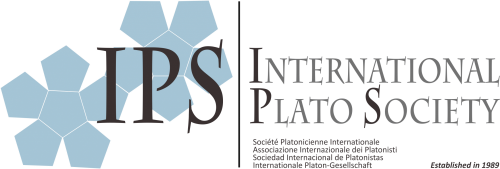Invitation: 9th Platonic Summer Seminar in Lanckorona – PlatoAI
Invitation: 9th Platonic Summer Seminar in Lanckorona – PlatoAI We are pleased to invite you to the 9th edition of the Platonic Summer Seminar, which will take place in Lanckorona (Poland) from 3 to 9 August 2025. This year’s seminar inaugurates the PlatoAI project, an interdisciplinary initiative aimed at developing an artificial intelligence model capable of engaging in authentic Socratic dialogues, based on Plato’s writings and testimonia. This seminar offers a unique opportunity to contribute to the creation of a digital Plato. Participants will be instrumental in shaping the future of AI-assisted learning and philosophical inquiry. We seek collaboration with leading scholars and experts to design a functional prototype of PlatoAI. Participants will engage in focused working sessions, philosophical masterclasses, and strategic discussions about the future of AI-assisted philosophical inquiry. If you are interested in Platonism and artificial intelligence, we warmly encourage your participation. For further details and registration, please [...]







